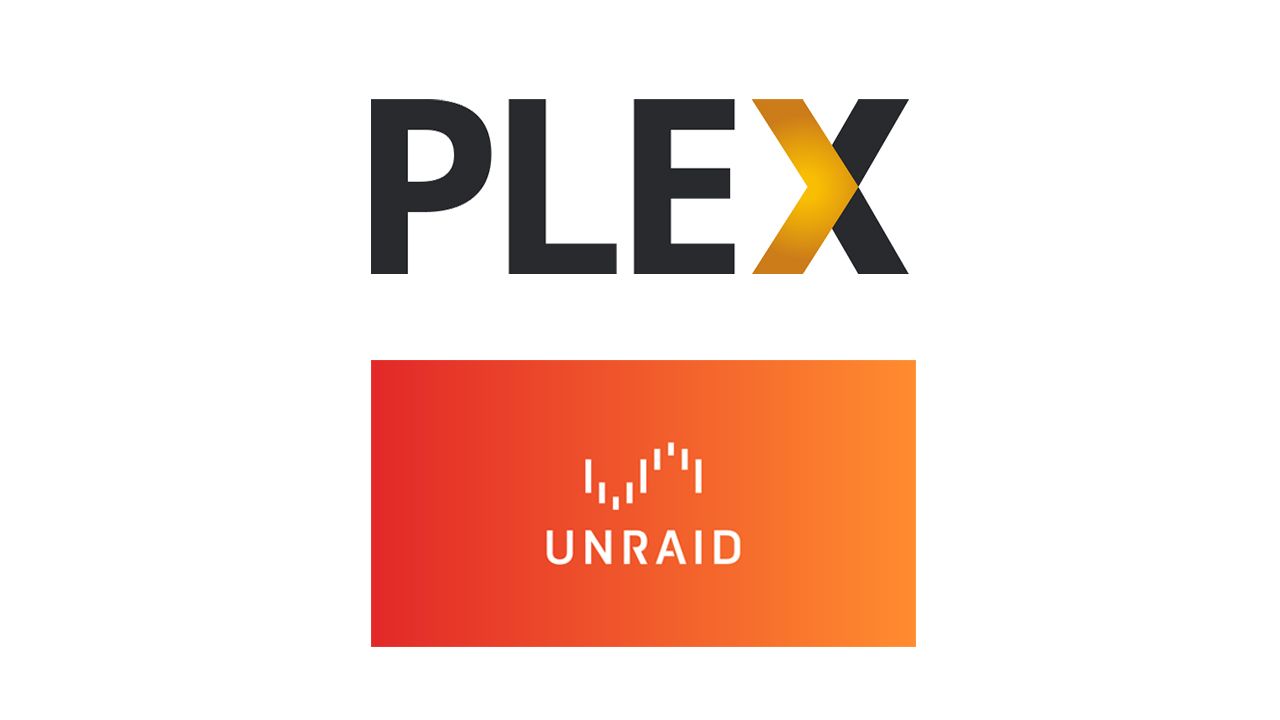

I wont be using the raid functionality now, but the seamless ease of use with dockers, vms and no hassle NAS makes it worth the price. In less than an hour I setup NAS shares + dockers for transmission, unifi and a wiregaurd vpn + vm for home assistant. It costs a bit, but its an extremly polished product, if your time is precious its totaly worth it. Everything just works and its really really easy to get things done. I decided sceptically to give the 1 month free unraid trial a go this weekend, and wow I am impressed. Two years back I tried freenas, but settled on OMV as I found it easier to work withĪlso tried Win server 22, it feels overkill + steep learning curve for me and I will be running it on modest hardware to keep up with the solar power requirements.
Top unraid plugins how to#
So I've also been looking for a replacement OS + hardware, something easier to setup and maybe more functional without having to read thick manuals, learn new commands and watch hours on hours of how to videos.

Top unraid plugins upgrade#
Its takes a bit of time to setup, but has been serving me well, although the USB 2 and 100 Mbps ethernet has been frustrating me, to the point that I have to upgrade + I am just barely proficient in OMV, I'd like to do more. I run it off a small solar setup 24/7, so power consumption is a critical point for me.
Top unraid plugins full#
Ive been running OMV 5 for about 2 years on a rpi 3b with a 1tb 2.5" as NAS with transmission and unifi controller in a docker, mainly as a download box, when it gets full it gets copied to a thecus nas or hp microserver with xpenology. Proxmox has ZFS and Ceph and while both are software based they're both in a different league to the BIOS based software RAIDs that you are referring to. I'm not a Proxmox fanboy or have anything against Unraid but i just wanted to mention some Proxmox features that are actually quite cool. The LXC containers in Proxmox would provide similar resource usage benefits over VM's to docker and I think their intended use case is more for lightweight, persistent VM's versus the intended ephemeral nature of Docker containers (one of Docker's killer features.) There's obviously a lot of other good stuff that comes with Docker's extensive ecosystem. On the downside, Ceph does seem to require significant additional RAM (1GB RAM per TB storage)and is more complex to understand. It has some resilience benefits over traditional RAID, especially in large arrays. Click to expand.Proxmox has ZFS and Ceph and while both are software based they're both in a different league to the BIOS based software RAIDs that you are referring to.Ĭeph is actually pretty sophisticated software defined storage more akin to Nutanix or MS' Storage Spaces Direct and can scale out over clusters.


 0 kommentar(er)
0 kommentar(er)
